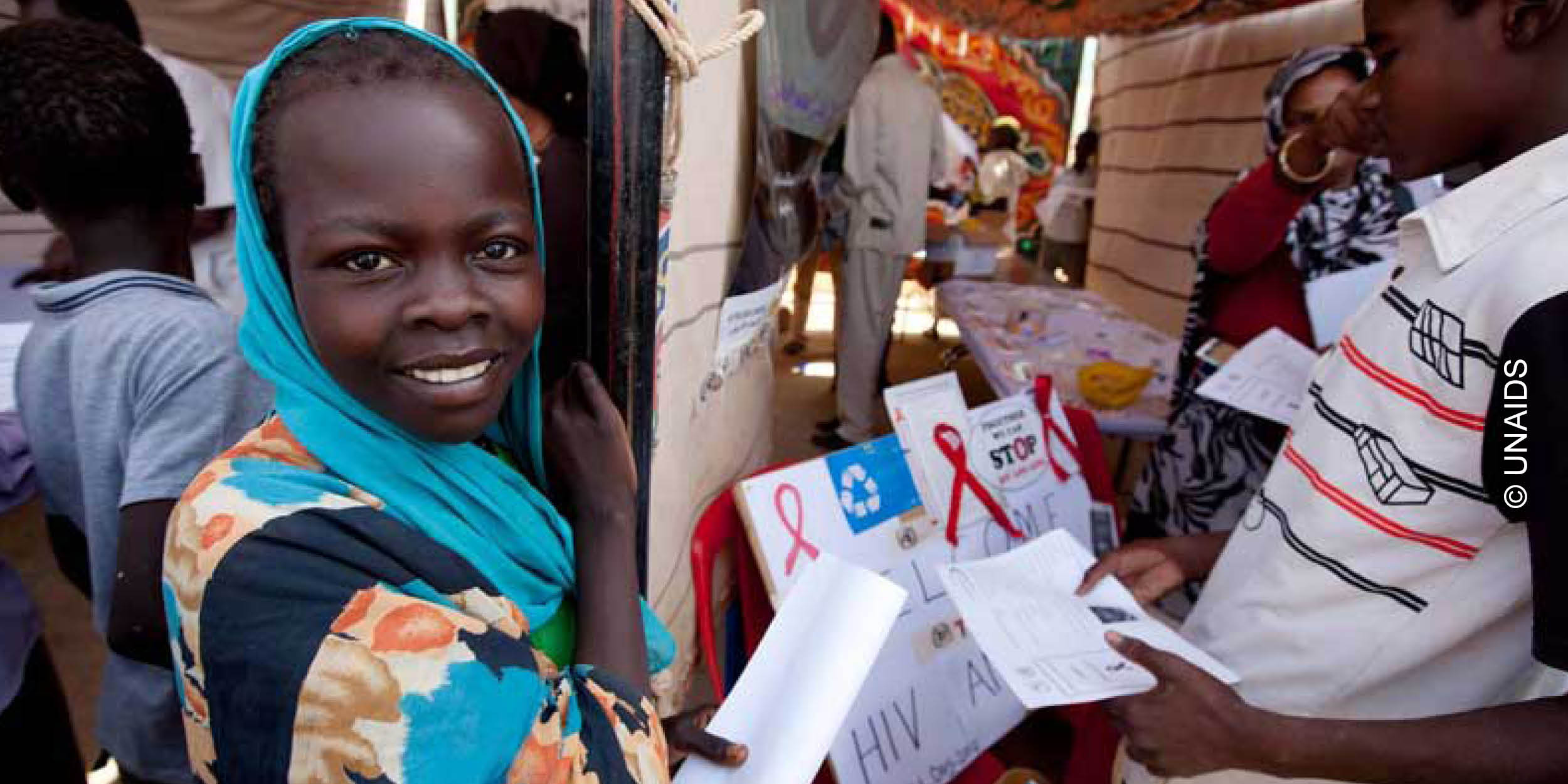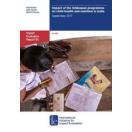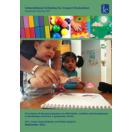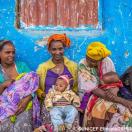Maternal and child health

3ie, the World Health Organization and the Partnership for Maternal Newborn & Child Health worked together to create a gap map to assess the evidence available on social, behavioural and community engagement interventions related to reproductive, maternal, newborn and child health programmes in low and middle-income countries.
Evidence gap map on social, behavioural and community engagement interventions
The purpose of this gap map, developed in collaboration with WHO and PMNCH, is to assess the evidence available on social, behavioural and community engagement interventions related to reproductive, maternal, newborn and child health programmes in low and middle-income countries. This map was produced by the World Health Organisation and 3ie. Financial support was provided by the Partnership for Maternal, Newborn & Child Health (PMNCH), the Norwegian Agency for Development Cooperation (NORAD), and the United States Agency for International Development (USAID). The EGM includes both completed and ongoing studies.
View the gap map| Read the report| Read brief


